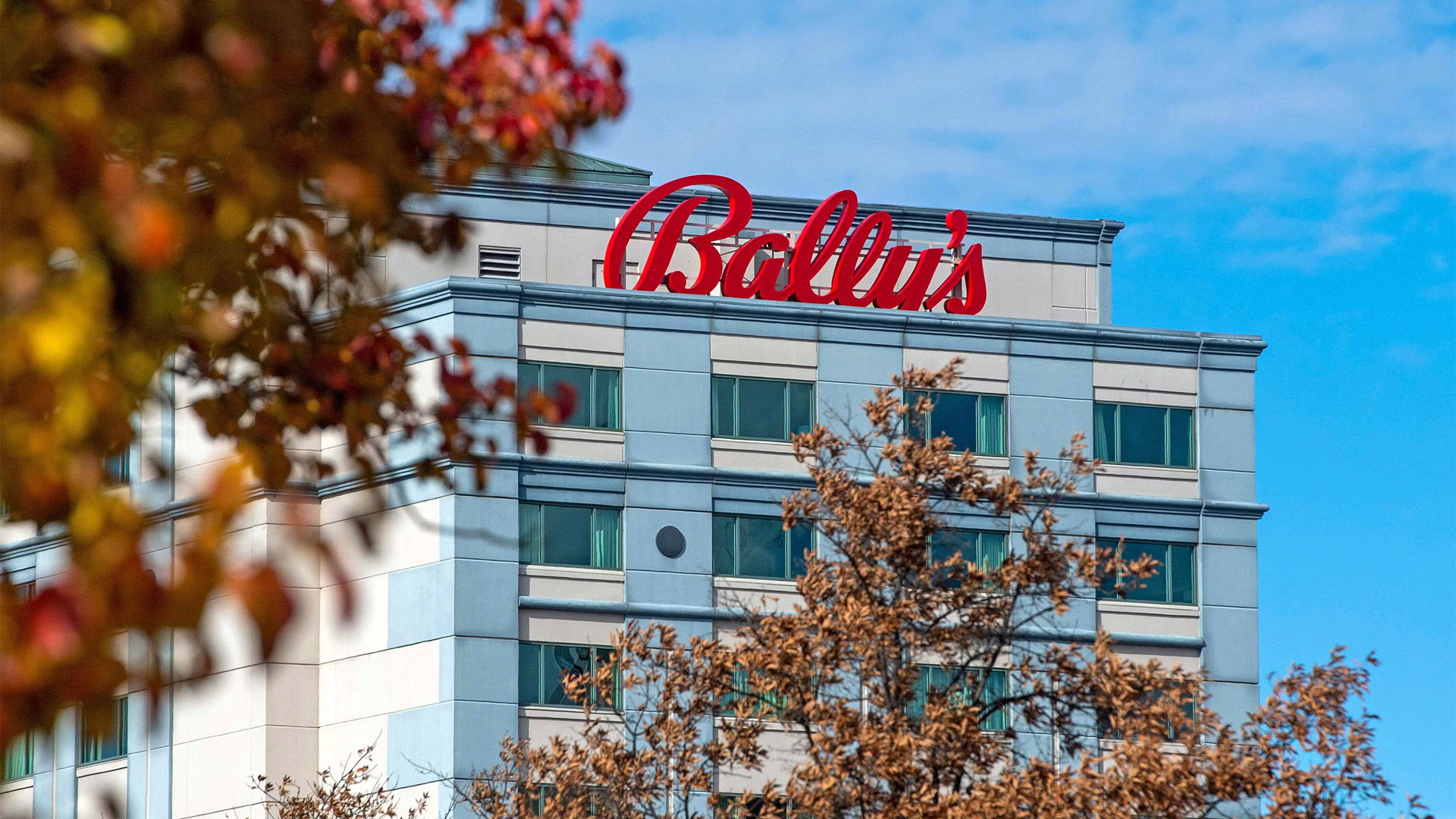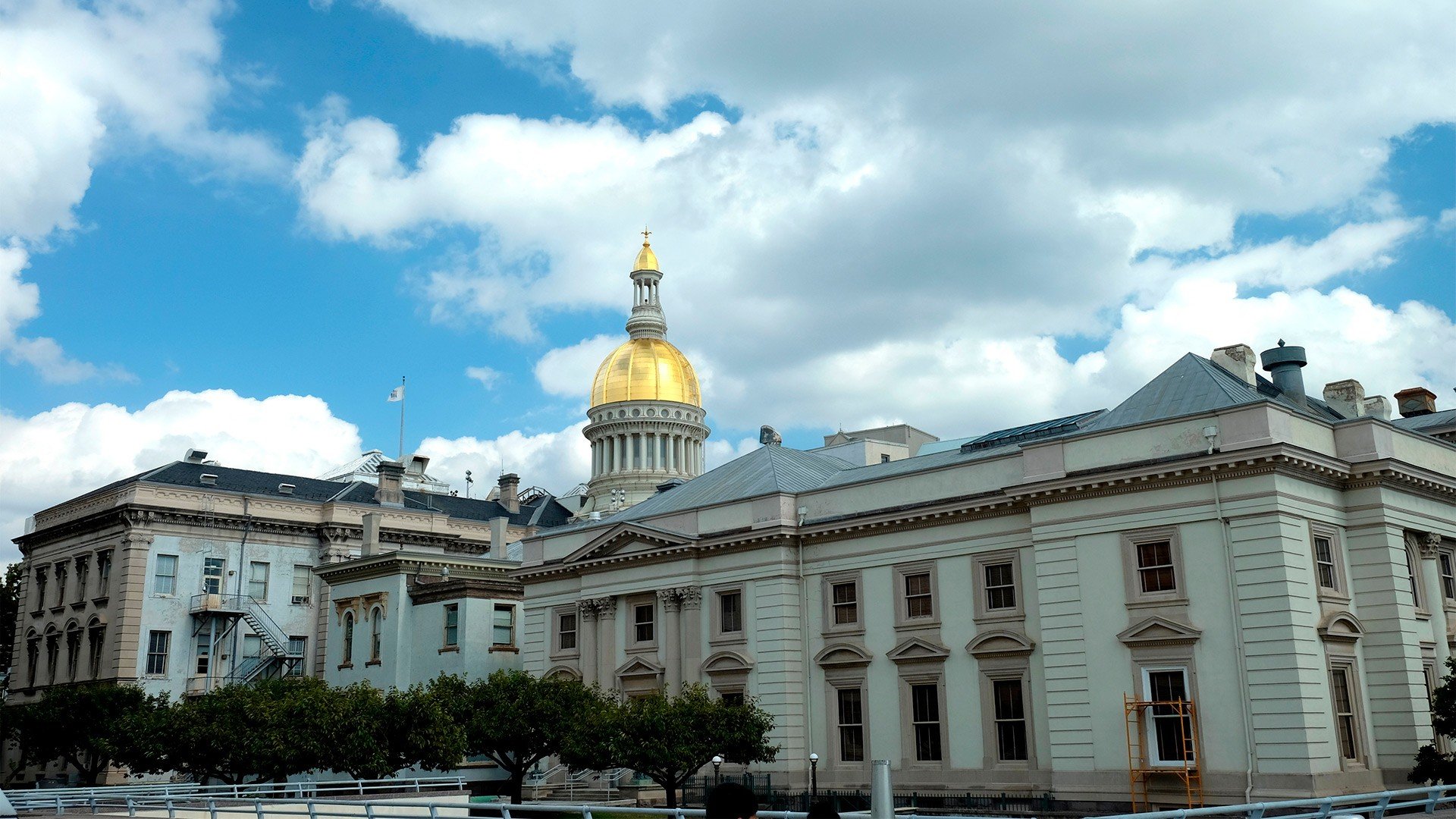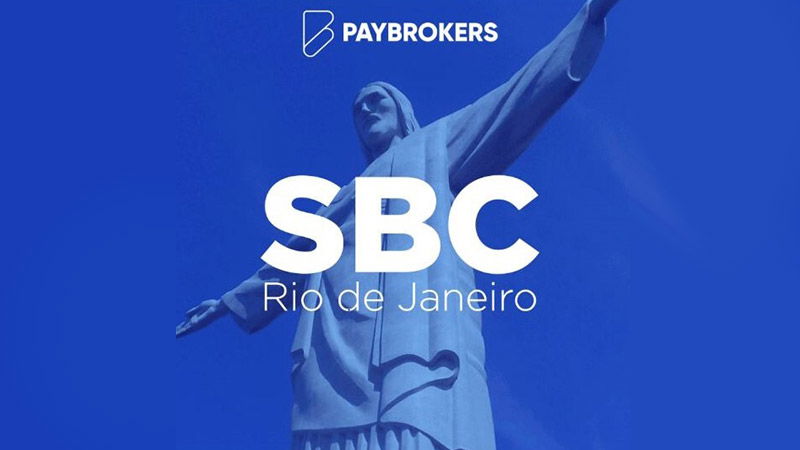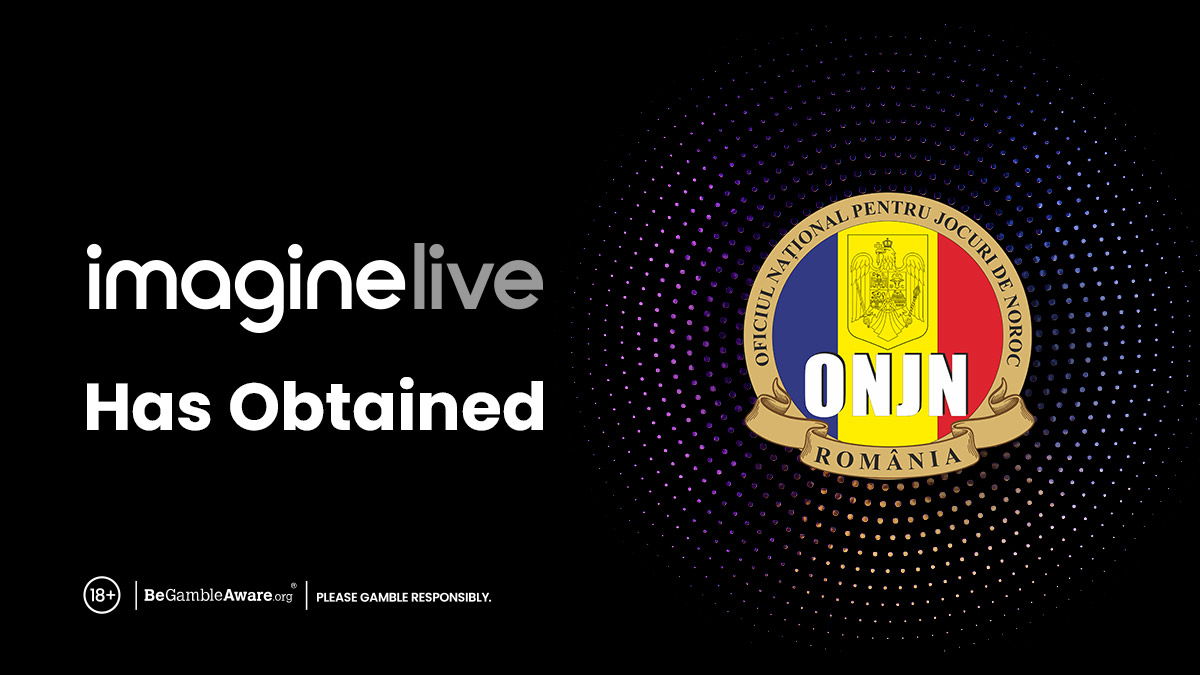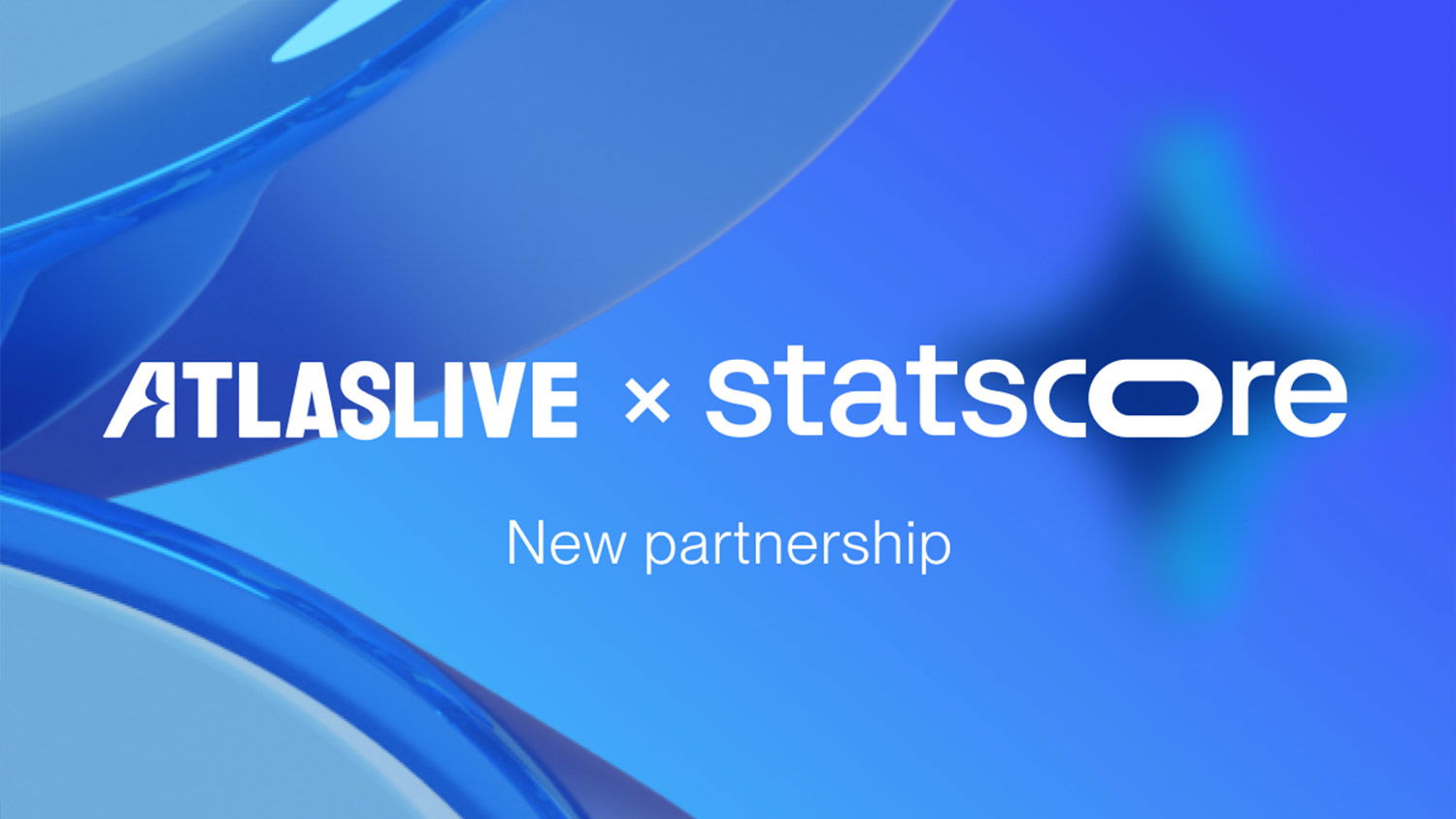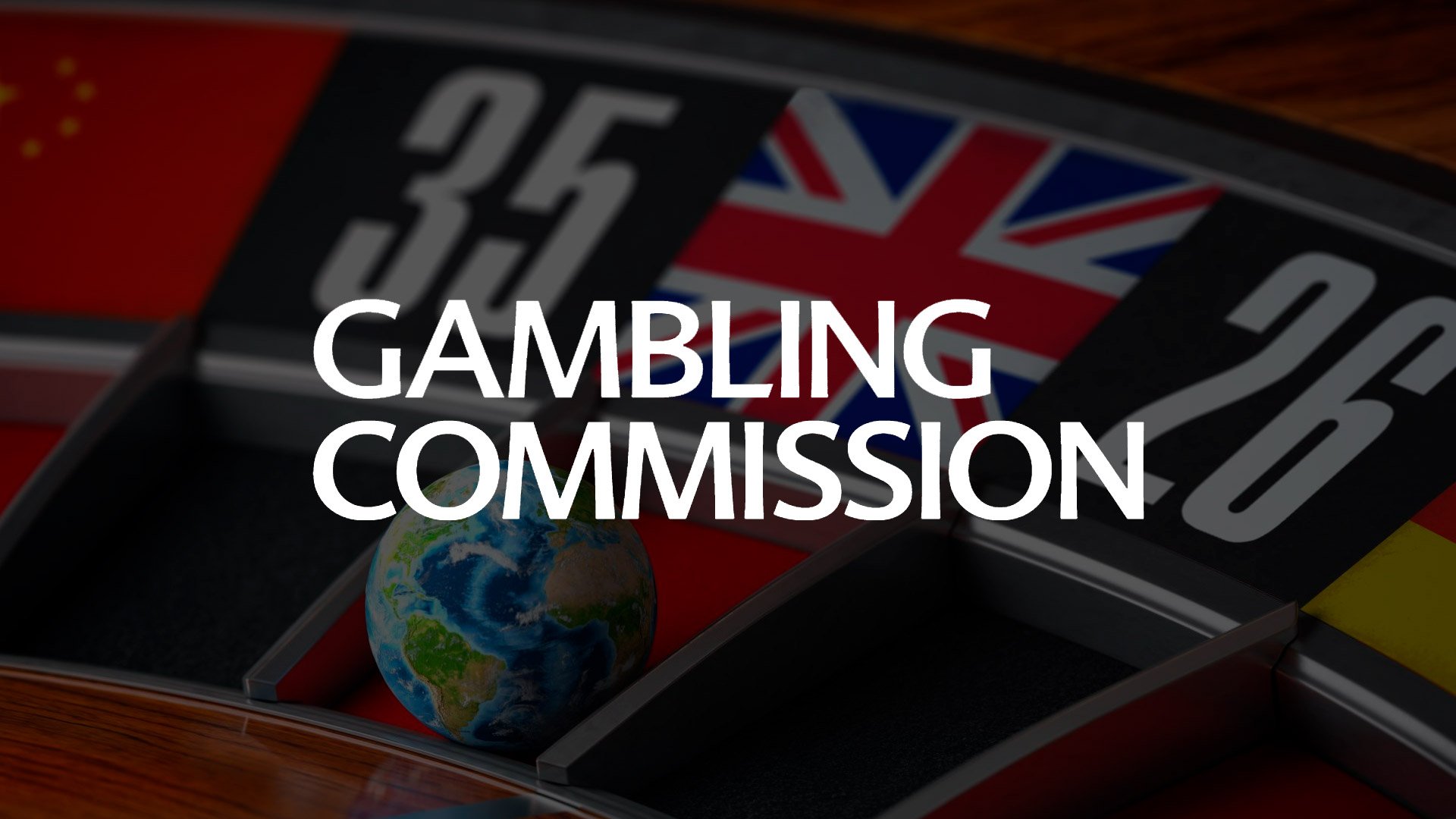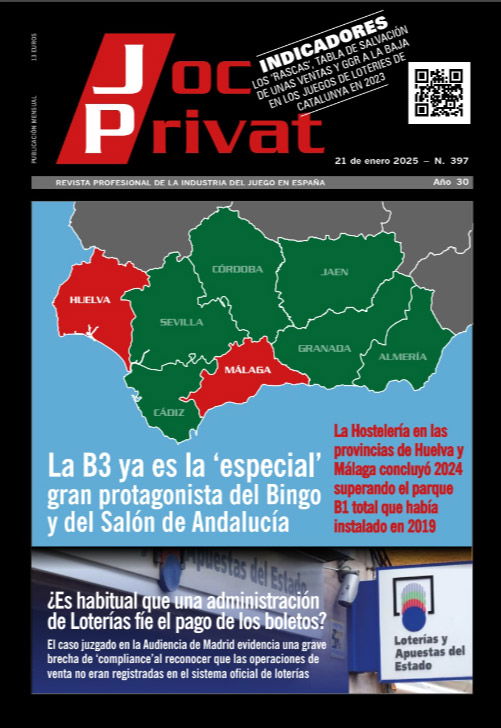Miami Beach Mayor urges federal Govt. to reject rule that he argues could open door for more tribal casinos

Miami Beach Mayor Dan Gelber has asked the federal government to reject a proposed rule that he believes could enable Indian tribes to buy land in the city and build a resort casino, bypassing the usual local opposition to gambling expansion.
In a letter to the U.S. Department of the Interior on Tuesday, he warned the Bureau of Indian Affairs that its plan "can and will facilitate and hasten the introduction of off-reservation Indian gaming casinos."
Under the proposal, tribes could buy off-reservation land, put it into a trust, and benefit from the same exemptions from state and federal law that reservations enjoy, such as paying no property taxes, being exempt from environmental and zoning regulations, and limiting oversight of state and local law enforcement, said Thomas Gede, a lawyer specializing in American Indian law who has been hired to advise Miami Beach, as reported by the Miami Herald.
The move would be contrary to the interests of the Miami Beach City Commission, which has consistently been against the expansion of gambling, adopting six resolutions since 2008 that opposed proposals pending before the Florida Legislature and county governments.
Although federal and state governments must first approve a gaming compact before a tribe can operate a casino on its land, Gelber warned that the proposed federal rule removes a provision that requires the secretary of the Interior "to listen to and give ‘greater weight’ to the state and local governments on these issues when the acquisition is for ‘off-reservation’ lands."
He said the proposed rules "effectively eliminate the ability of local governments to object and be heard" and represent "a direct threat to the City’s home rule powers and its policy against casino gambling.”
"This proposed rule represents a seismic shift in policy that will allow casinos and gambling operators to force casinos into cities, notwithstanding well-founded and long-standing objections, regardless of how incompatible they may be with the local economy and quality of life," Gelber wrote, as reported by the above-mentioned media.
Miami Beach Mayor Dan Gelber
The Bureau of Indian Affairs describes the new rule as an attempt at streamlining a host of previous rulings and opinions that have developed over decades relating to tribal land acquisition. The Bureau has given the public until March 1 to submit comments and will then decide whether or not to approve the proposal as a final rule.
"This proposed rule seeks to make the land into trust process more efficient, simpler, and less expensive to support the restoration of tribal homelands," the Bureau of Indian Affairs wrote in its rule notice in the Federal Register.
Marc Dunbar
Marc Dunbar, a lawyer and gaming law expert who has represented both the Seminole Tribe and private casino operators, said that Gelber and his legal advisers are wrong to assume that the proposed rule will interfere with what the City of Miami Beach can do to keep casinos away.
"There is no tribe that can assert any off-reservation play in the City of Miami Beach that [the city] could not block by just blocking it in City Hall," he said, as per the Miami Herald. "Locals still have a very important role in Interior approval, and it always has. Interior does not jam gaming down locals’ throats, particularly if it’s an off-reservation site or a new reservation."
Dunbar added the rule will not change the federal rules related to Indian gaming that require federal, state and local approval before a casino is allowed to operate on tribal land. If the federal government formally approves the proposed rule, it will not take effect immediately. It must first be published in the Federal Register, and the Office of Management and Budget and Congress has the power to either allow it to go through or invalidate it. It could also be halted in a legal challenge.




